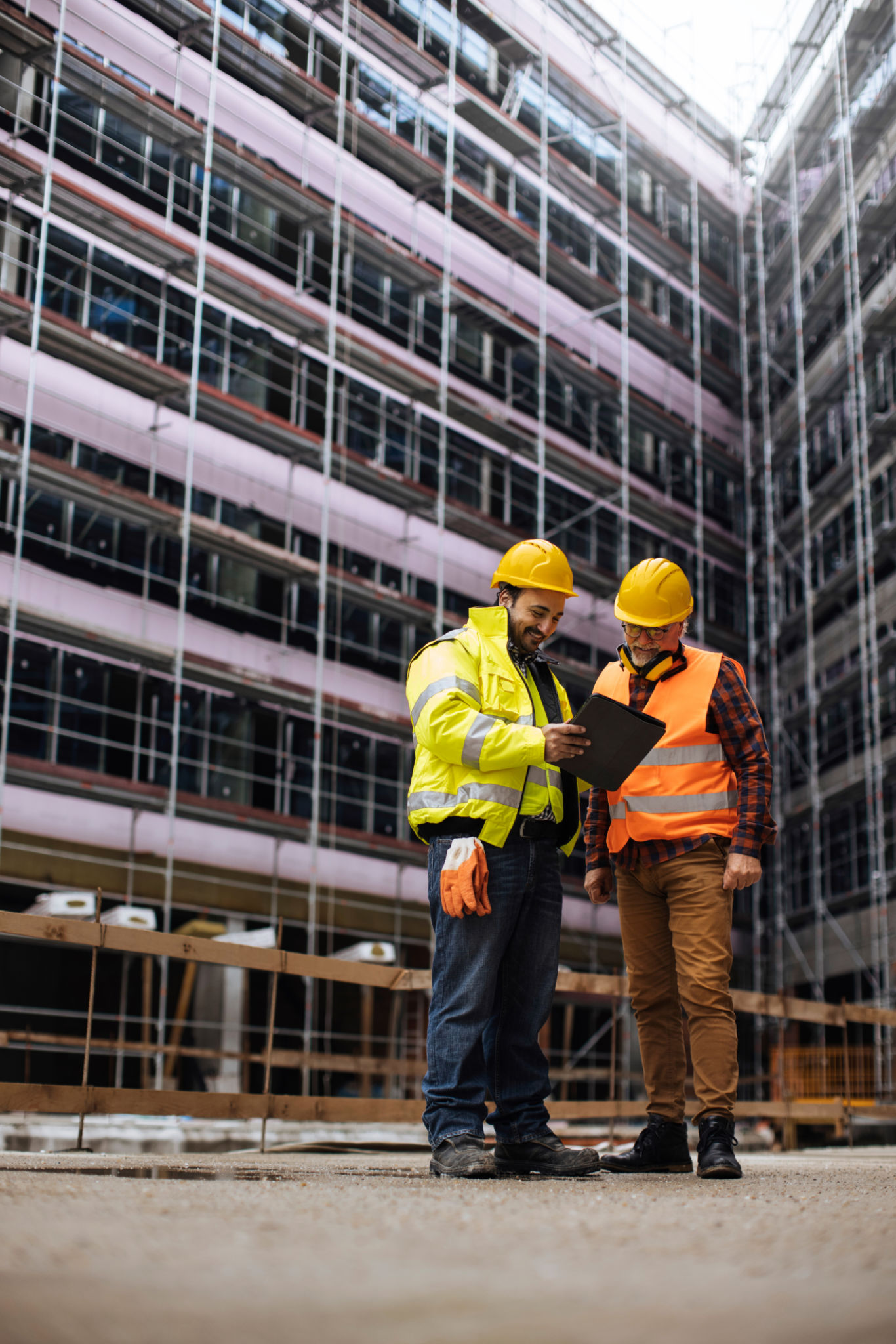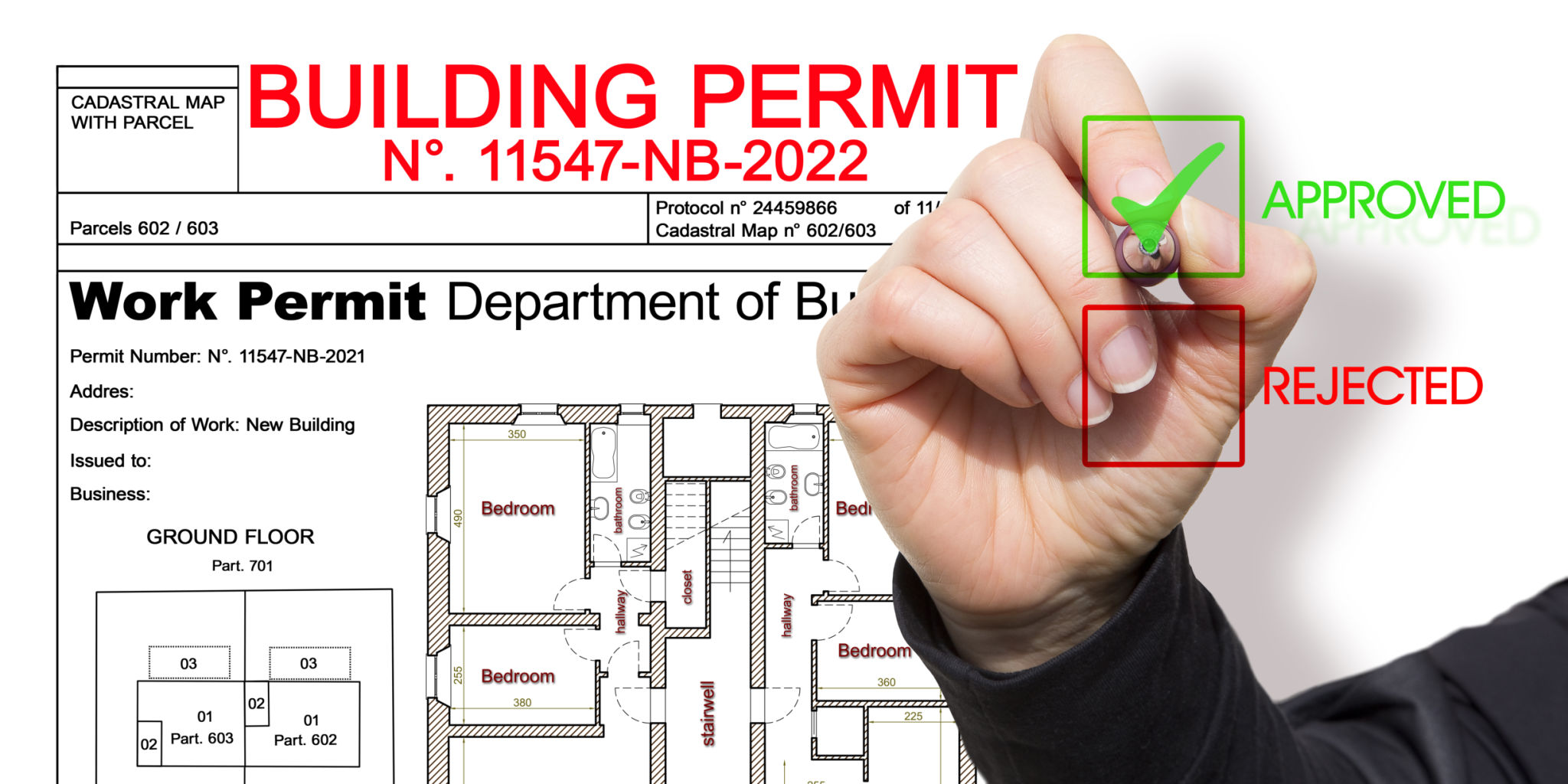Understanding Local Regulations for Demolition Projects in Toronto
Introduction to Local Regulations
Embarking on a demolition project in Toronto requires a comprehensive understanding of local regulations to ensure compliance and safety. Navigating these regulations can be complex, but it's a crucial step to avoid potential legal and financial repercussions.
Toronto has specific guidelines that govern demolition projects, designed to protect public safety, preserve historical sites, and manage environmental impacts. Understanding these rules is essential for anyone involved in the process, from homeowners to construction professionals.

Permits and Approvals
Before commencing any demolition work, obtaining the necessary permits is a mandatory step. The City of Toronto requires a demolition permit for most projects, ensuring that all safety protocols are adhered to during the process. It's important to apply for this permit well in advance, as processing times can vary depending on the complexity of the project.
In addition, certain projects may require additional approvals from other city departments or agencies. For instance, if the building is listed on the heritage registry, approval from heritage preservation services is necessary. Failing to secure these permits can result in significant fines or project delays.

Environmental Considerations
Environmental impact assessments are often required for demolition projects, particularly those involving older structures. These assessments help identify hazardous materials such as asbestos, lead, and other pollutants that need special handling during removal.
Proper disposal of hazardous materials is governed by strict regulations to prevent contamination of local ecosystems. Partnering with an experienced environmental consultant can ensure compliance with these regulations and protect both the environment and public health.
Safety Standards and Best Practices
Safety is paramount in any demolition project, and Toronto's regulations reflect this priority. Contractors must adhere to occupational health and safety guidelines, which include providing appropriate training for all workers involved in the demolition process.

Implementing best practices such as securing the site, using appropriate personal protective equipment (PPE), and following systematic demolition procedures can significantly reduce the risk of accidents. Regular inspections by safety officers ensure that these standards are consistently met.
Community Impact and Communication
Demolition projects can significantly impact local communities, particularly in densely populated areas of Toronto. It's essential to communicate effectively with residents and businesses nearby to minimize disruptions and address any concerns they may have.
Providing clear timelines and maintaining transparency throughout the project can foster goodwill and cooperation from the community. Additionally, adhering to noise regulations and managing dust and debris effectively can help maintain good relations with neighbors.
Conclusion
Understanding and adhering to local regulations for demolition projects in Toronto is vital for ensuring compliance, safety, and community harmony. By securing the necessary permits, addressing environmental concerns, prioritizing safety, and engaging with the community, you can navigate the complexities of demolition work successfully.
Whether you're a property owner or a contractor, staying informed about these regulations will help streamline your project and avoid costly setbacks. Partnering with experts who are familiar with Toronto's specific requirements can also provide valuable guidance throughout the process.
